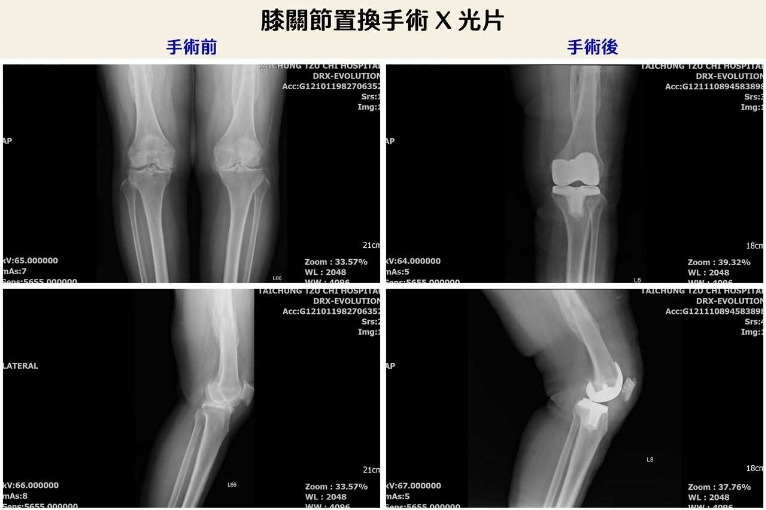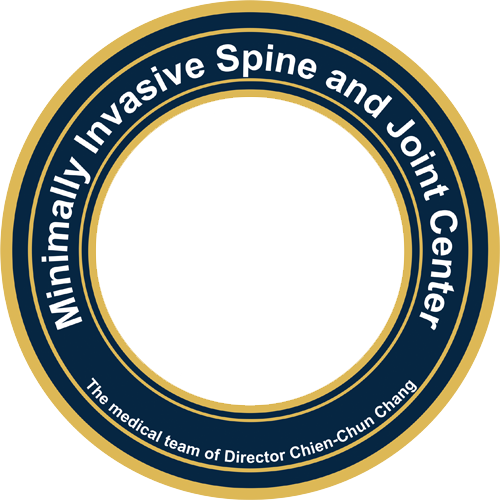New Robotic Surgery Relieves Knee Osteoarthritis Pain, Allowing a Mother to Walk Her Daughter Down the Aisle
Ms. Chen, a retired nurse with decades of experience in healthcare, had been struggling with knee osteoarthritis for many years. Despite consulting multiple orthopedic specialists and undergoing treatments such as hyaluronic acid injections and corticosteroid pain relief, she continued to experience worsening pain. Over time, walking even short distances became difficult, and she was unable to climb stairs without significant discomfort. Her joint cartilage had severely deteriorated, and bone spurs had formed, leading her to seek further medical assistance at the Minimally Invasive Spine and Joint Center.

Dr. Hsieh Shang-Lin explained that osteoarthritis of the knee is a common condition, particularly affecting individuals over 45 years old, with women being more susceptible than men. The primary symptoms include knee pain, stiffness, and deformity, which can severely impact daily life in advanced cases. Treatment options range from medication and physical therapy to surgical intervention. While medications such as anti-inflammatory drugs, analgesics, and corticosteroids help manage symptoms, physical therapy can strengthen muscles and improve joint function.
Ms. Chen recalled that, initially, oral painkillers were sufficient to relieve her discomfort. However, as her pain worsened over time, she underwent hyaluronic acid injections for five to six years, experiencing only temporary relief. Eventually, the pain became so severe that she could no longer bend her knee properly, making it difficult to perform even basic tasks such as squatting to use the restroom. Upon a friend’s recommendation, she visited Dr. Hsieh at Taichung Tzu Chi Hospital. After discussing her condition and treatment options, she decided to undergo robotic-assisted total knee replacement using the ROSA Knee system. With her daughter’s wedding approaching, she was determined to walk down the aisle with her.
According to Dr. Hsieh, Ms. Chen was able to stand and walk with the assistance of a cane on the same afternoon following surgery. When she returned for a follow-up one week after discharge, she could already walk independently without a cane. Her knee pain and mobility had improved significantly, and her reliance on oral painkillers had greatly decreased, enhancing her overall quality of life.
The ROSA Knee robotic-assisted total knee replacement system integrates cutting-edge technologies, including AI-driven computations, 2D-to-3D anatomical imaging, real-time tracking, and multi-directional robotic arm precision. This allows for highly accurate implant placement, reduced soft tissue damage, minimized postoperative pain, and faster functional recovery, enabling patients to begin rehabilitation at an earlier stage.
Dr. Hsieh advises that patients whose symptoms persist despite medication and physical therapy should consider surgical intervention. Total knee replacement remains one of the most effective treatment options for advanced osteoarthritis, providing pain relief, improved joint function, and the opportunity to regain a more active and fulfilling lifestyle.






